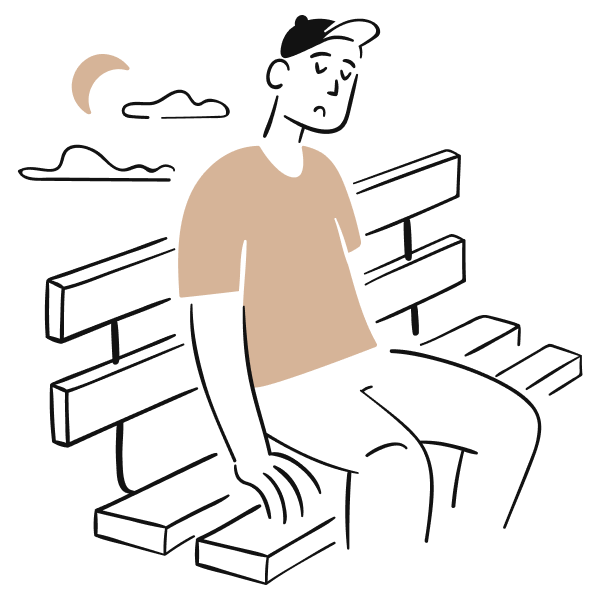How does PTSD affect your daily life and health? And what are the long term effects and hazards?
What Are the Effects of PTSD?
PTSD has various consequences, including a range of symptoms. You become anxious and you’re constantly on your guard against danger that’s no longer present. You relive the event over and over again, which means you start to avoid people and places.
In addition to the symptoms that post-traumatic stress disorder causes, it also has long-term effects. The longer that PTSD lasts, the worse the symptoms often become:
- As your psychological symptoms get more intense, you become more and more isolated.
- You remain stuck in the past, terrified of re-experiencing the thing that happened.
- You find it increasingly difficult to maintain relationships. There may be friction within your family.
- You may find yourself arguing with relatives and people at work.
- It’s also possible to experience physical symptoms and health problems as a result of PTSD. You could suffer from heart palpitations or hyperventilation.
- You might also turn to self-harm.
- Abusing alcohol and drugs is another possible consequence of PTSD.
With the right treatment, you can make a good recovery from PTSD.
Want to talk about PTSD?
Have you experienced trauma and are you concerned about developing post-traumatic stress disorder? Do you need someone to answer your questions, offer immediate help or just provide a listening ear? A psychologist can help you.
-
Book a consultation with an expert for personal advice and professional customized treatment or call on +31207717996 and we will give you personal advice and help creating a treatment plan.
-
At iPractice, we use blended care. This is a combination of online and offline therapy. You’ll have face-to-face conversations with a consulting psychologist and you’ll also have access to an online psychologist in between. This means that you can ask questions and share your thoughts whenever you like.
-
PTSD can be treated with Cognitive Behavioral Therapy and/or EMDR. Your treatment will be tailored to you and your symptoms. With the right treatment you can make a good recovery from PTSD. Click here to learn more about treatments for PTSD.


 Nederlands
Nederlands




